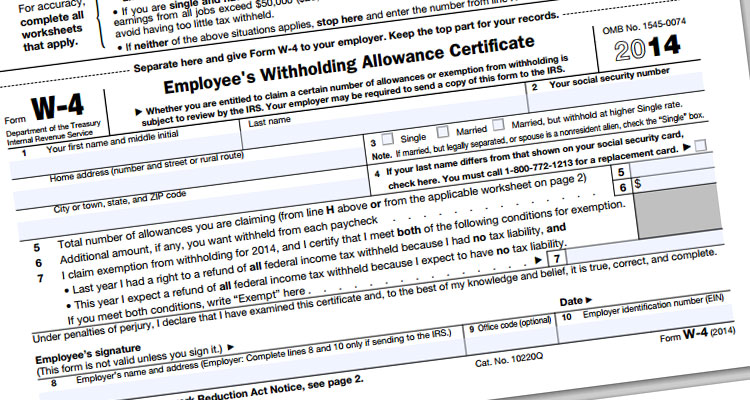It’s that window of certainty between Halloween and Thanksgiving when corporate human resource people face an annual anxiety. Not the hiring of staff for the holiday rush, but the toughest sell of the year – getting employees to complete their annual benefits enrollment on time.
These efforts have multiple barriers working against the communicators involved. The material is complicated, lengthy, and important. Like taxes, everyone knows it has to be done. Many also dread the process. In no small part because people don’t want to be “wrong.” Unfortunately, there’s not a TurboTax® for health care benefits calculation.
Sometimes it feels like completing the forms, online or on paper, is just filling in dots on a lottery card. Choose wisely and you dodge the bullet. Choose poorly and either spend too much on insurance or too much on care.
On top of all these challenges, communicators must convince people to make take an action – the hardest part of the persuasion process. (Ever see someone take a sample at the store and drop it in the next waste basket untouched? It was right there in his hand, yet trial did not occur!) Plus, that action has to be completed by a specific deadline.
In some organizations, communicators get supplemental help from supervisors and middle management, whom HR hold responsible to a degree for the compliance of employees they oversee. Still, these managers must be provided with tools for success – such as email templates and flyers. So things still land in the court of the employee communication staff.
In other firms, even with the advent of online forms, the “best practice” seems to be tenacity. Employees receive reminders at every turn. While internal communication leaders don’t see themselves as “marketers,” they rely on deeper frequency and reach for promotional messages than MarComm pros do in advertising.
So, in facing down the menace that is your annual benefits enrollment, think about what it took to encourage that action in timely fashion. Then be glad you weren't the one responsible for making it happen.
Dr. Michael C. Porter, APR is director of the Master of Business Communication Program







